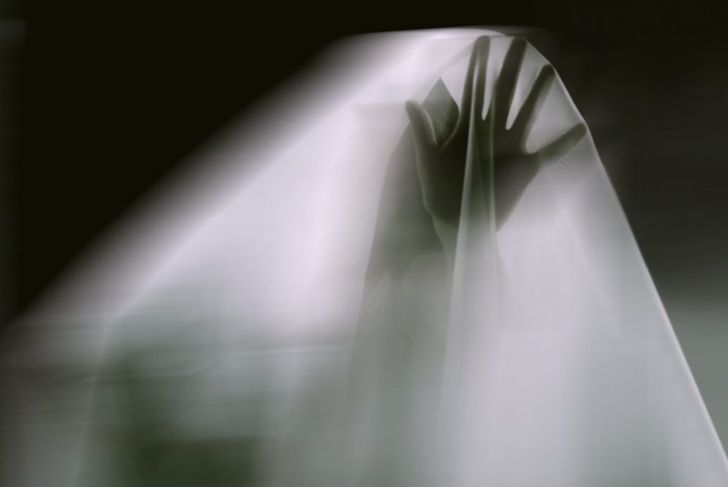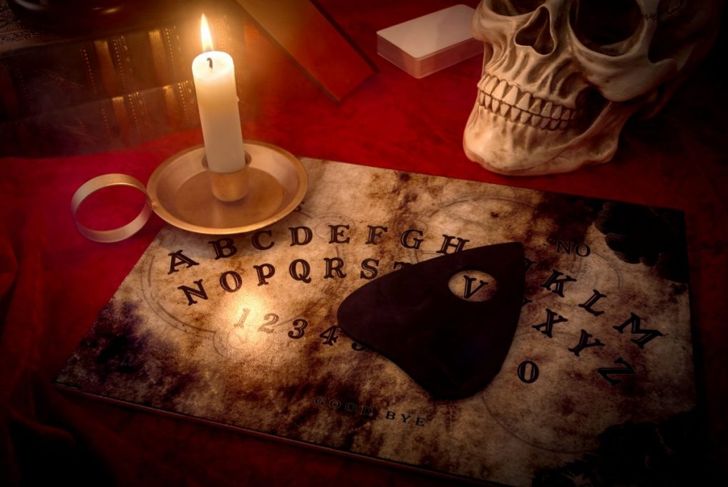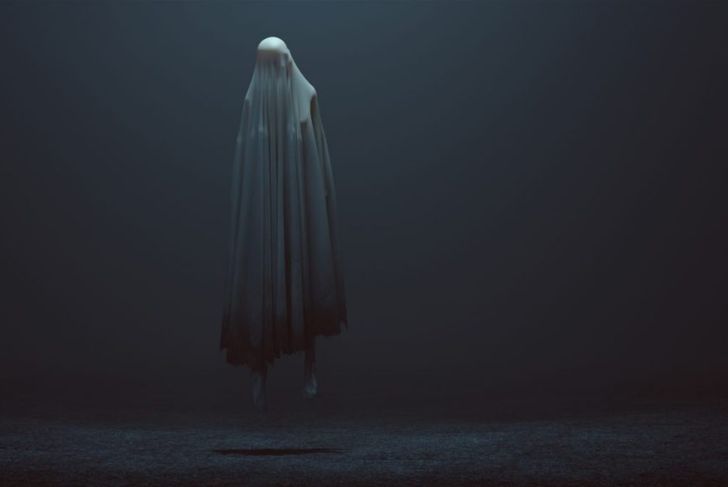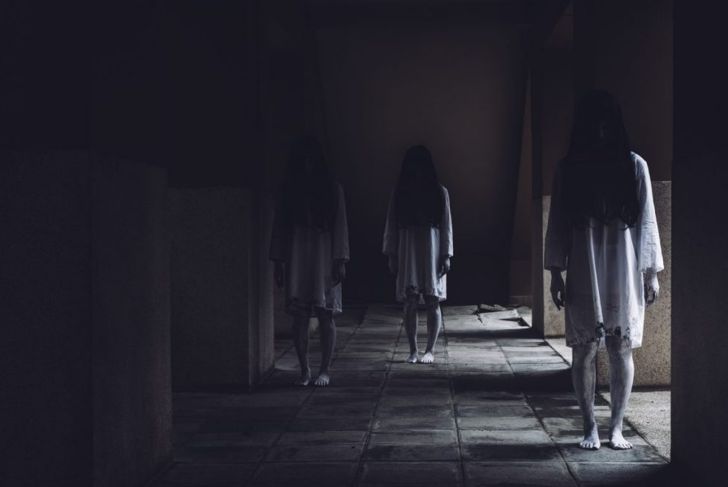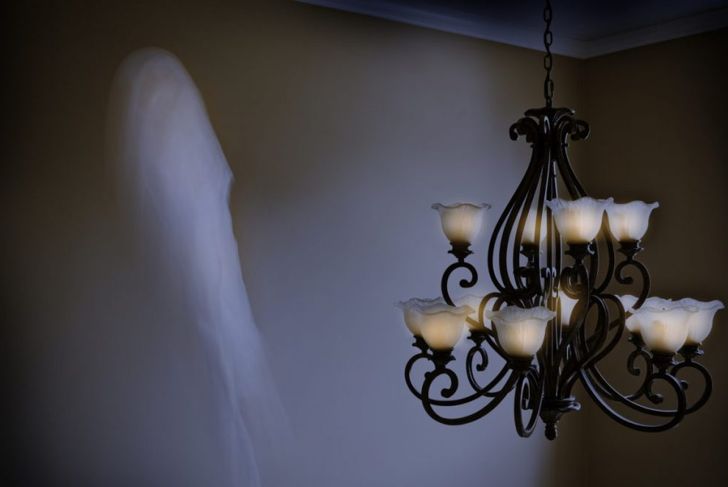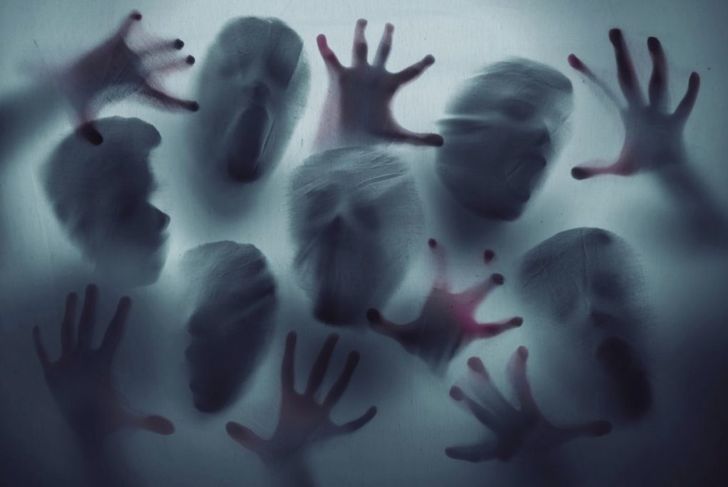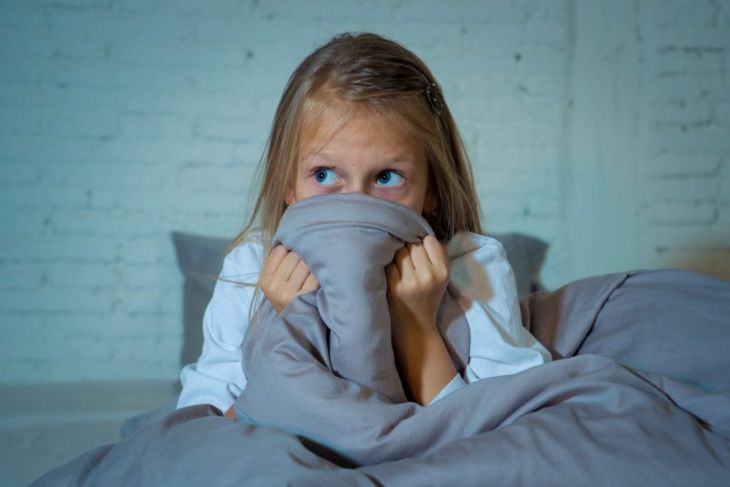For those of us who know quite a bit about the paranormal, the word poltergeist will always make our arm hairs stand on end. Whether you call them ‘goosebumps’ or ‘chill bumps’, many-a-paranormal investigators out there will tell you that sometimes, being in the presence of a supernatural being will result in this condition. But what is a Poltergeist, exactly? And why are we so afraid of them? Should we be afraid, or has Hollywood brainwashed us into thinking we should be? There’s only one way to find out, and that’s to confront it head-on.
What is the Meaning of the Word Poltergeist?
Poltergeist comes from the German for ‘mischievous’ or ‘noisy spirit,’ or a rough translation of it. The word itself goes back centuries in both Germany and the UK. In Germany, it dates back to the 16th Century where, whereas in the UK, it goes back to the spiritualists of the 1840s. As a matter of fact, some of the very first recorded instances of it being used were in the writings of Martin Luther. Luther was also responsible for starting the Protestant Reformation, which kind of makes you wonder if the mischievous spirit he wrote of was actually him.
What Was the Spiritualist Movement?
During the 1800s, people encountered death and grief on a daily basis. Through this, a movement rose on both sides of the Atlantic, if not across the entire globe. This movement was spiritualism, and it was a movement wherein groups of people would get together with a ‘medium’ to contact their deceased loved ones. Whether what the spiritualists were doing was a matter of smoke and mirrors or there was more to it, it was during this time that poltergeists became understood. After all, poltergeists are quite unlike their spirit siblings in that they were known to throw things around or even harm people. Most commonly preteen girls.
What is Poltergeist Phenomena?
Putting skepticism to one side for a second, the poltergeist phenomena can be anything from noises and knocks to complete rearrangement of furniture. They can set fires, smash glasses, and in general, seemingly just require a lot of attention. Some poltergeists have also been reported to scratch and harm those whose house they share. One of the greatest and most researchable examples of poltergeist phenomena in modern history is the Enfield Poltergeist. In the 1970s, a London family experienced nearly everything from disembodied voices to levitation.
What Are Some More Famous Poltergeist Cases?
As well as the Enfield haunting, there are records of poltergeist activity spanning the last few centuries since there’s been a name for it. One of the oldest poltergeist-related tales in the United States is the case of The Bell Witch – not to be confused with ‘The Blair Witch’ movie. The Bell Witch is a huge part of Tennessean folklore and revolves around the Bell family. In particular, the teenage daughter, Betsy was scratched and bruised by the entity. Furthermore, although there were more than 100 years between the Bell and Enfield cases, the Enfield haunting was also focused on one member of the family more than the others; the teenage daughter, Janet, who was 11. Betsy Bell was also 11.
What is the Difference Between a Ghost and a Poltergeist?
According to paranormal scientists and parapsychologists, there are several different types of hauntings. There are residual hauntings which are traumatic or everyday events that replay over and over. Many investigators theorize that there are certain types of stone that can ‘record’ emotion-heavy memories, much like a camera. Residual hauntings have no bearing on the living. These hauntings and regular hauntings are both classes as being ghosts, although the latter of which are aware of the living and have been known to make contact from time to time. These spirits can be either ‘good’ or ‘bad,’ but poltergeists are a whole other breed entirely.
Why Do Poltergeists Target Pre-teen Girls?
Although there’s no scientific answer to this question, there are plenty of theories. One of the most common is the fact that, as puberty occurs, there are a lot of emotional changes that go on for girls. According to this theory, the poltergeist phenomena are attracted to energy because they can use it to manifest its mischief. However, there’s also another theory that has a lot of weight. That theory is that the onset of puberty is, in fact, so strong that certain young women can manifest the phenomena themselves telekinetically. Think ‘Carrie’ or ‘Matilda’… but with scratches.
What Are Some Other Poltergeist Theories?
There are some cases in which the sounds of a noisy house can be reflected to sound larger or more intense than they actually are. Birds and animals such as rats can make strange sounds that are even stranger when coming from those quiet corners of your house. Another theory is one that links to psychokinesis, wherein psychological factors such as anxiety or even onset psychosis can easily come into play.
What Do I Do if I Think I Have a Poltergeist?
If you’ve ruled everything out from drafts in the home to infestations in the basement and still think you have a poltergeist, there is a couple of things you can do. Very rarely has reported poltergeist phenomena lasted more than a few months at a time, so you can opt to just wait until it calms down. However, if it’s becoming a real problem that’s causing you to lose sleep, then you can seek other options. Although a lot of movies instantly go to the church or to priests, in the age of the Internet, there’s an even better chance of finding somebody to help you with a simple Google search. Furthermore, in a lot of cases, directly telling the poltergeist to cut it out has also worked.
Are Poltergeists Real?
Skeptics will tell you no, and believers will tell you yes. However, it’s really up to you to decide what you believe. A skeptic’s take shouldn’t ever make you second guess yourself if you think you’re experiencing or have experienced poltergeist phenomena. Similarly, if you’re a skeptic, experiences shouldn’t automatically make you feel like you have to believe either.
Where Can I Learn More About Poltergeists?
One of the best sources for this is books, and there are plenty of them. The internet is also a great source, but because of its extensive nature, there are a lot of conflicting opinions. That said, there are some ghost or paranormal forums that can teach you even more about the spiritual world – poltergeists included.

 Home
Home Health
Health Diet & Nutrition
Diet & Nutrition Living Well
Living Well More
More